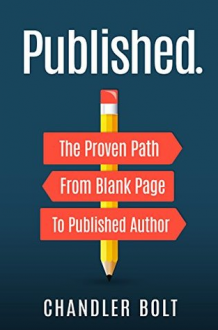
A few years ago an unknown girl from Belfast (the name eludes me at the moment) started writing a short parody of 50 Shades of Grey called 50 Shades of Red White and Blue as a joke for her friends on Facebook. After one week the word had spread and she had grown to a huge number of followers. During the second week she increased the number of followers. At the end of the second week she self-published an eBook on Amazon UK and sold a huge amount copies on the first day jumping to the top 10 in the paid Kindle store. I don’t know what number she sits at in the paid Kindle store now (many authors don't reach this even with a professional marketing campaign). All this came from a free Facebook account and a bit of “good writing”, this is the power of social media in the publishing world today.
I'm inherently skeptical of these "No. X in the Kindle Store" claims; simply making an initial impact in a crowded category is entirely possible through impulse purchases. True success, if one is reducing everything to financial terms, is in sustaining this success. To use generic terms - being a high-tier brand in the short term (No.5 in category within the first week, say) is no measure of long-term success or indeed any measure of success at all; category ranking only becomes interesting on timescales of quarters at the least or years. I know it's slightly different in terms of books and albums, but the theory is there; who cares if someone gets a bit of initial buzz?
If you're into stuff like this, read on.

 Log in with Facebook
Log in with Facebook 






